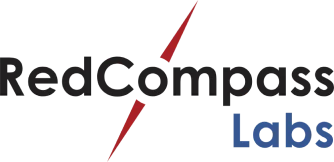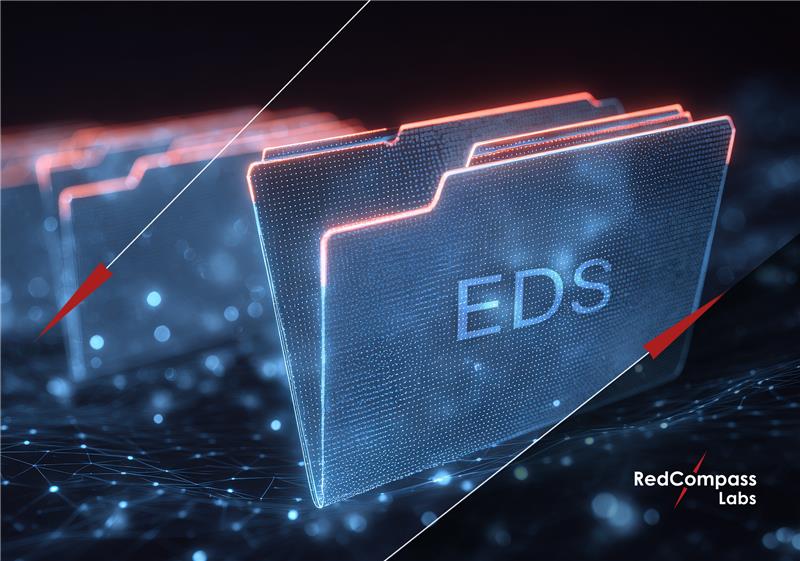The idea, that such a thing as clean water, on demand, accessible without any effort to collect, carry, and store, exists, is more than a wonder. Ask 99% of all humans over the history of our presence on the planet.
Yet, I turn the tap, and out comes clean running water. It is like magic. Somehow, someone figured out how to find water, clean water, and send it to my house. It sits there silently waiting for me. I turn the tap and water flows. A miracle that has taken millions out of poverty. A miracle that powers industry.
Clean, running water has changed the world.
Instant payments are like running water. They flow magically from one place to another. They will democratise finance and drag billions out of poverty. They will reduce the working capital burden of new and small businesses.
Whether based on ISO 20022, or a CBDC, card rails, or wallets, instant payments will prove as big as any innovation since the internet…and maybe since clean water.
Instant, frictionless payments will be so ubiquitous and so intertwined with our lives, like running water we find it incomprehensible how we can have managed without it. Our money will arrive faster than before and as we need it. Micro-payments will share the wealth and enable access to finance. You don’t currently go to the phone store to pay for your phone bill. Why do you walk into the gas station to pay for your gas? Your car will do that. A night out? Your share of the bill will be settled before you leave the restaurant. Tips will be on your waiter’s bank account that evening, ready for the rent or the tube ride in the morning. It will be easier to hire new workers when you knew you will be paid that week and money passed on in wages in moments. The world will improve. Shared prosperity brings peace.
But there is another side to this coin. It is also going to make buying and selling people, paying for children performing sex acts live on the web, emptying grandma’s bank account, swindling people out of their money, and other nefarious acts so much faster and easier as well.
There are more slaves now than at any point in the history of the world. Instant payments reduce the risk for money launderers, human traffickers, and the like. Now, it only takes a few clicks to be transported to webcams broadcasting out of the slums of Kolkata or Manila feeding the darkest sexual appetites of people in Australia, Europe, or the US. The payment is made instantly. The money is moved and hidden. The service rendered.
At RedCompass Labs, we like to say that we exist to help open the doors of finance to all and to protect those who enter. But what does that really mean?
It means that we invest in people, technology, ideas, and solutions that enable payments to move further, faster, and with less friction. We believe that the convergence of cards, payments, and wallets is inevitable and irreversible and that the benefits will flow from the individual all the way to society via commerce and business.
An instant payment enables a small token of compassion to a homeless person, who is on the edge of society, with a UPI QR code. It enables a tradesperson to be paid on delivery of service, or to send a request to pay that initiates the payment and feeds their accounting system. Instant payments help today’s start-ups and scale-ups accelerate hiring, delivery, and growth. They simplify treasury for multinationals.
Instant payment schemes like UPI show how this can be done. Organisations like Mojaloop, the Monetary Authority of Singapore, RedCompass Labs, and others are linking mobile money to CBDCs to bank accounts to allow money to move instantly across borders. A few thumb clicks can see funds change hands from a domestic worker in Singapore to a bank account in the Philippines.
But just like the discovery of grain brought us diabetes; good innovations are always hijacked. As an industry, we currently stop about 1% of financial crime. Just 1%. Our Suspicious Activity Reports don’t solve crimes; they drown law enforcement. Our financial crime systems are often tick-box risk-mitigation tools. We know the flags to look for. We know the math. We have the data. New ISO formats enriched with public and dark internet content, moulded in algorithms that use the latest Red Flags in human crimes, built off the research of banks, NGOs, and the police, can make a huge change in protecting lives.
The willing can solve (a lot of) the problem. Are you willing?
At RedCompass Labs, we think of payments in two ways: good and bad. We enable the good. We help stop the bad. It will take both to make this world a better place for all of us. Good (instant) payments matter. They are going to improve billions of lives a little bit at a time; they will. But bad payments need to be stopped. Are you willing to protect the vulnerable or will you just profit off the prosperity of instant, frictionless, clean, flowing payments? At RedCompass Labs we aim to do both.
Share this post
Written by

Tom Hewson
CEO
Resources





